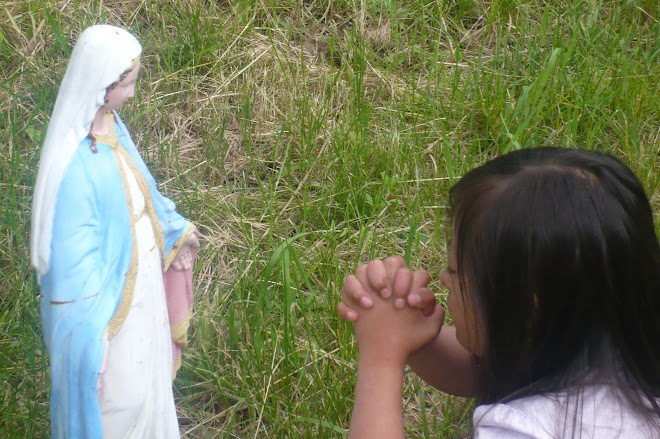 In today’s society we are all about acceptance of
diversity. We take great pains to show how well we accept others of different
races, religions, and sexual preferences. We do this by holding social events,
arts showcases, sporting events, and TV programs and even enforcing acceptance
by law. I appreciate the culture of acceptance and how, sometimes, that
acceptance extends to those of differing numbers of chromosomes. After birth of
course. I’ve dedicated my advocacy to it for the past decade.
In today’s society we are all about acceptance of
diversity. We take great pains to show how well we accept others of different
races, religions, and sexual preferences. We do this by holding social events,
arts showcases, sporting events, and TV programs and even enforcing acceptance
by law. I appreciate the culture of acceptance and how, sometimes, that
acceptance extends to those of differing numbers of chromosomes. After birth of
course. I’ve dedicated my advocacy to it for the past decade.
Most parents who love our kids with enhanced
chromosomes, or Down syndrome, want to show the world how much they can
achieve. They can finish high school, enter college, hold a job, participate in
sports, open a business, design fashions, or become a model. It’s wonderful to
cheer such high achievers on, and if you follow me on social media, you will
enjoy their inspiring posts.
Yet, sometimes there is pain in constantly lauding the
achievements of those with Down syndrome who defy society’s low expectations of
them. Many of our kids do not break barriers, they are so busy struggling to
overcome the numerous physical, mental and emotional challenges they face, they
can just live day to day. We are sometimes afraid to share these challenges as
we fear that a mother expecting a child who has been diagnosed with Down
syndrome, will read our post and choose to abort her baby. So we buck up, and
cheer the others on, trying not to compare our child with the superstars on
Facebook.
Christina, my daughter, celebrated her 15th
birthday yesterday. In Latino culture, the quincinera, or 15 birthday is cause
for a huge celebration, akin to the Sweet 16. It begins in church, then a
reception like a wedding is held with the young lady in a pink ball gown,
treated like a princess. We didn’t do the quincinera for our older daughters,
but when my husband wanted to rent a room in a restaurant and invite over a
dozen family members for our youngest daughter with Down syndrome, I considered
it and then said, “No, for Christina, just having the entire family together at
her favorite meal, and singing her happy birthday is a party!”
Christina lost much of her ability to speak when
autism complicated her Down syndrome at age 11. She struggles in social
situations, and has no friends outside our family. In public places like
restaurants, the noise and crowded conditions become a source of stress and she
reacts unpredictably. Once at an important dinner, she threw a fork over her
shoulder into the crowd. Another time she threw a full bottle of soda at an
unsuspecting diner (he responded with humor, “You missed me!”) but I was
mortified. Restaurants are no place for our family to relax and enjoy a meal!
Does the fact that sharing such stories emphasizes the
challenges of raising a daughter with Down syndrome hurt our efforts to lower
the tragic (75-90%) abortion rate of babies diagnosed with Down syndrome? In a
culture obsessed with success, and popularity, that is most likely the case, so
most times I don’t tell the entire story of raising Christina. Just the happy
parts. Her older sister came home from college for her birthday, and the light
in Christina’s eyes told us how happy she was to be reunited as a family for
her special day. Our family has a deeper appreciation of the gift we are to
each other, thanks to her.
As people of life, we must rise above our culture of
death. We must teach society that life is not worth living because of what we
accomplish or how many likes our photos garner on social media. It’s about the intrinsic worth of a human
being, whether they can speak or not, make friends, finish school or even ride
a bike. We are valuable because we are gifts of a good God who promised me in
prayer when I had an inner voice tell me my unborn child had Down syndrome, “I
want you to accept this child as a gift from my hand.”
Some of the most profound lessons in my life were
taught by a young lady whom the world overlooks. I am stronger, more accepting,
and have the ability to live in the
moment, thanks to Christina who seldom assembles an entire sentence, yet who
has loved her family with a fierce love, that can’t help spilling over into the
world, making it a bit less like The Apprentice, and a lot more like the
Kingdom of Heaven.
